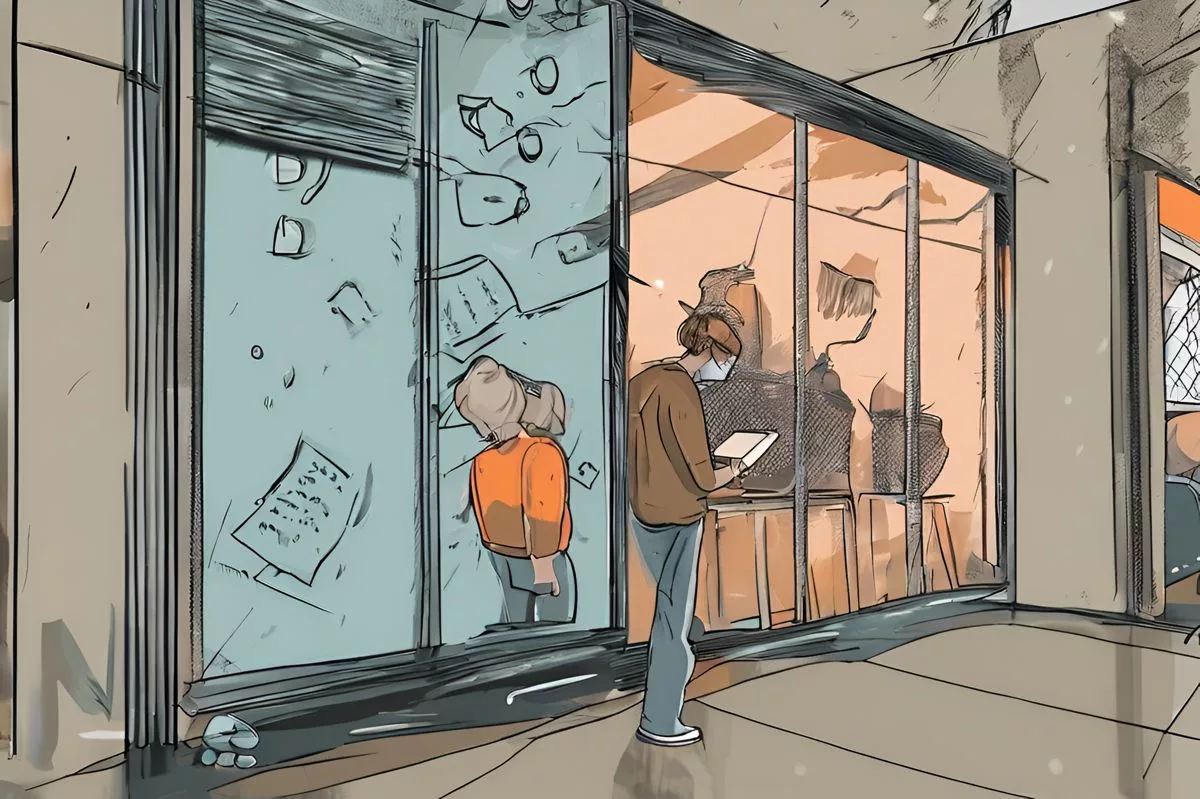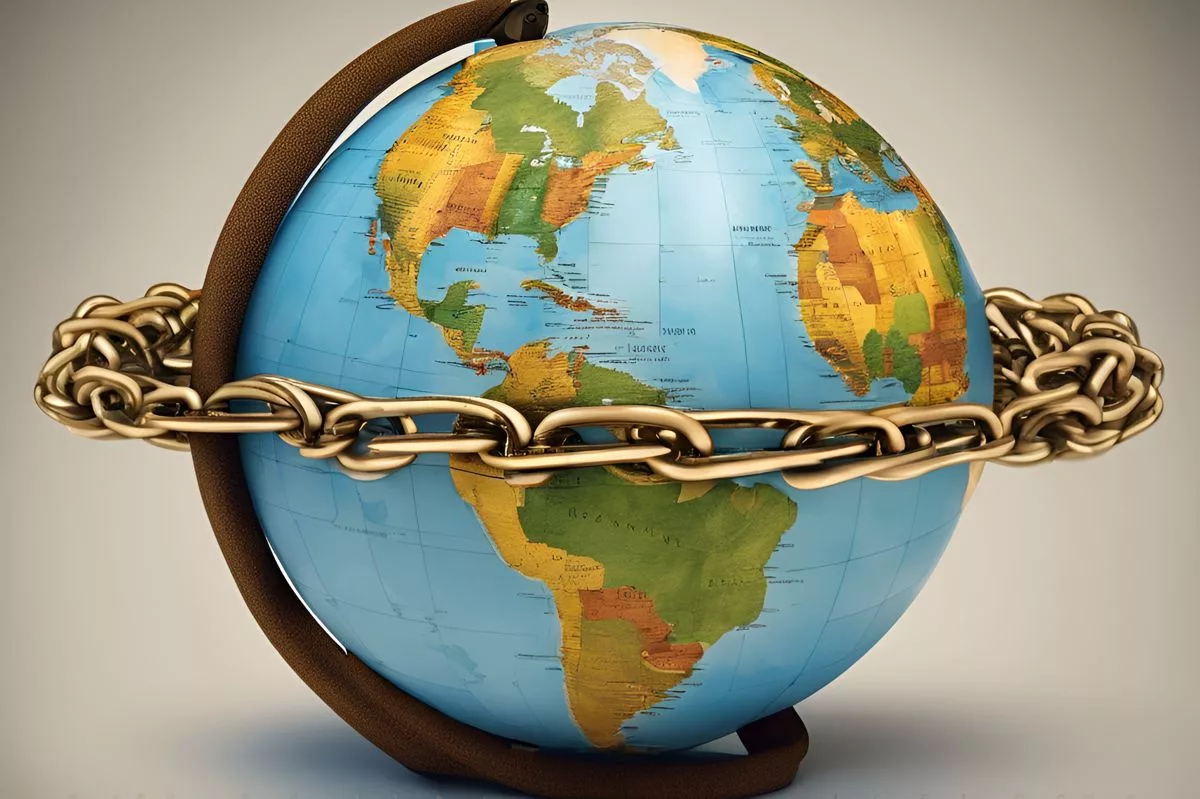The Recognition of Prior Learning (RPL) Graduation Event celebrated the achievements of individuals who earned qualifications based on prior learning and experience. Esteemed individuals such as Mr. Fish Mahlalela and Chef Fatima Stanley graced the event, which embodied South Africa’s commitment to democratic principles. The RPL program plays a vital role in the country’s skills development strategy and promotes career growth in the tourism sector. With a skilled workforce ready to shape it, the future of the tourism sector in the country looks bright.
What is the Recognition of Prior Learning (RPL) Graduation Event?
The Recognition of Prior Learning (RPL) Graduation Event is an educational ceremony that enables individuals to earn qualifications based on prior learning and experience. It celebrates the accomplishments of students who secured their Chef qualification at an NQF Level 5 and professional designation levels. It also reflects the successful alliance between the Department of Tourism and the Master Chef Culinary Academy.
A High Point in Culinary Education
Culinary enthusiasts and industry dignitaries gathered recently in Durban, basking in the electrifying atmosphere of the Recognition of Prior Learning (RPL) Graduation Ceremony designed for chefs. Esteemed individuals such as Mr. Fish Mahlalela, Deputy Minister of Tourism, and Chef Fatima Stanley, Principal of the Master Chef Culinary Academy, graced the event.
In relation to South Africa’s historical backdrop, this educational ceremony embodied more than a standard graduation. It served as a tribute to the country’s unwavering commitment to democratic principles like equality, employment, and poverty alleviation. With lingering reminders of apartheid and colonialism, education emerges as a ray of light, powerfully counteracting the gloomy shade of inequality.
Riding on the waves of the past three decades, the government has relentlessly pursued the use of education as a tool to forge a country where growth opportunities are not stifled by socio-economic constraints. Remarkable progress has been achieved, as evidenced by the enhancement of basic education results, the surge in matriculation passing rates, and a decline in school dropouts.
Addressing National Challenges Through Education
Despite this commendable progress, the government recognizes the persistent hurdles. Poverty, inequality, and joblessness continue to pose significant challenges. In response, the government has launched potent programs aimed at endowing all South Africans with essential knowledge and skills. One such initiative is the National Policy on Recognition of Prior Learning, a system enabling individuals to earn qualifications based on prior learning and experience.
The Durban RPL graduation ceremony is an outcome of this policy. It was a significant event, celebrating the accomplishments of students who secured their Chef qualification at an NQF Level 5 and professional designation levels. It reflects the successful alliance between the Department of Tourism and the Master Chef Culinary Academy.
The programme’s success goes beyond mere symbolism; it has tangible results too. The fruitful placement of these learners in various establishments gives a real measure of the program’s effectiveness. It sets the standard for the success of other skill development initiatives within the Department of Tourism.
The Role of Partnerships
The government is mindful that its resources alone cannot suffice the massive demand for education. Partnerships with institutions like the Master Chef Culinary Academy help extend their capacity to mold a skilled workforce, well-equipped to contribute to an expanding economy. These collaborations aim to foster a conducive environment where partnerships can prosper and the labour force can flourish.
The RPL programme plays a crucial role in the country’s skills development strategy. It offers a unique pathway for learners to secure a Chef qualification, thereby boosting their employability, mobility, and inclusion in the job market.
In a society without recognized qualifications, individuals face considerable difficulties in securing quality jobs and further education, despite having the requisite knowledge and skills. Here, the RPL process comes as a blessing, aiding individuals to earn formal qualifications, thereby improving their career prospects and self-confidence.
A Bright Future for the Tourism Sector
The government’s dedication to skills development isn’t solely about enhancing the lives of individuals. It’s also about bolstering the country’s competitiveness, economic growth, social inclusion, and equity.
The implementation of the RPL program revealed certain gaps in the tourism sector. A skills audit pointed to a lack of career advancement within the workforce, primarily due to a deficit in formal training and education. Responding to this, the government collaborated with institutions like the Master Chef Culinary Academy to implement the RPL programme, promoting career growth in the tourism sector.
The programme has achieved a 97% completion rate to date, with around 110 students trained, and 107 graduating. These figures serve as a testament to the passion these individuals possess for their craft.
Being a chef transcends merely cooking—it’s about crafting experiences. In the tourism industry, food plays a critical role in shaping a visitor’s experience. Investment in this sector ensures enhanced visitor experiences and guarantees its longevity.
The Road Ahead
The government has played its part by offering young people accredited educational programmes that boost service levels. The onus now lies on the graduates to utilize this knowledge, apply it, and carve out a path for themselves.
The Master Chef Culinary Academy deserves commendation for their tremendous work in nurturing these emerging chefs. Despite numerous challenges, they’ve demonstrated unwavering commitment, contributing substantially to the country’s skills revolution.
In conclusion, the RPL Graduation Ceremony was not just a celebration of academic success—it was a celebration of bravery, determination, and the transformative potency of education. It painted a vibrant picture of a future filled with opportunities, and dreams within grasp. With a skilled workforce ready to shape it, the tourism sector in the country has a bright future ahead, poised to become a global leader.
What is the Recognition of Prior Learning (RPL) Graduation Event?
The Recognition of Prior Learning (RPL) Graduation Event is an educational ceremony that enables individuals to earn qualifications based on prior learning and experience.
Who graced the RPL Graduation Event?
Esteemed individuals such as Mr. Fish Mahlalela, Deputy Minister of Tourism, and Chef Fatima Stanley, Principal of the Master Chef Culinary Academy, graced the event.
What role does the RPL program play in South Africa’s skills development strategy?
The RPL program plays a crucial role in the country’s skills development strategy and promotes career growth in the tourism sector.
What is the National Policy on Recognition of Prior Learning?
The National Policy on Recognition of Prior Learning is a system enabling individuals to earn qualifications based on prior learning and experience.
What is the completion rate of the RPL program to date?
The program has achieved a 97% completion rate to date, with around 110 students trained and 107 graduating.
What is the future of the tourism sector in South Africa?
With a skilled workforce ready to shape it, the tourism sector in the country has a bright future ahead, poised to become a global leader.











